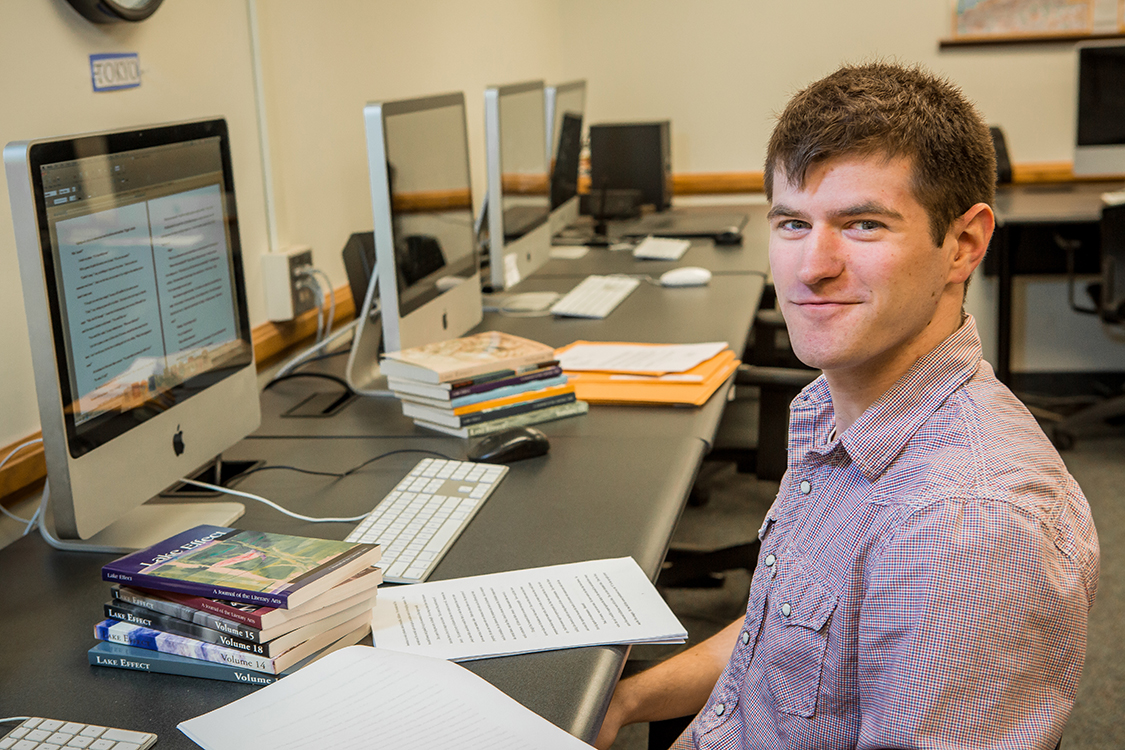Why does your heart rate go up when hungover?
Why does your heart rate go up when hungover?
Alcohol expands (dilates) your blood vessels. At first, this can be beneficial, making you feel relaxed as your blood pressure is lowered. But after a few drinks, your heart starts pumping faster, and the blood vessels can’t expand enough to accommodate all the blood.
How can I slow my heart rate after drinking?
To help slow your heart rate down, you should try to place your body at rest. Try relaxation techniques like deep breathing. Get some fresh air outside, but make sure you don’t overexert yourself. And drink plenty of water to prevent dehydration—another known cause of a racing heart.
Can hangovers cause fever?
Although a fever isn’t typically a symptom of a hangover, various types of changes in your body occur after drinking that can potentially lead to an increase in body temperature.
How long does it take for blood pressure to go down after quitting alcohol?
Results showed that after one month of alcohol abstinence, blood pressure significantly decreased. These improvements are clinically relevant, and scientists concluded that cessation of alcohol consumption must be recommended as a priority for hypertensive alcohol drinkers.
Does sleep help a hangover?
While a lack of sleep does not cause a hangover, it can make your hangover worse. Fatigue, headaches and irritability are all hangover symptoms that can be exacerbated by a lack of sleep. Getting a good night’s sleep and allowing your body to recover may help alleviate symptoms and make a hangover more bearable.
Why do I feel weak and shaky after drinking alcohol?
Alcohol Shakes and Blood Sugar Levels Alcohol stops the body’s ability to maintain tight control of blood sugar levels. The result of this is a low blood sugar concentration, which is the leading cause of tiredness and weariness, and even tremors experienced during a hangover.
Why my heart rate is so high?
Heart rates that are consistently above 100, even when the person is sitting quietly, can sometimes be caused by an abnormal heart rhythm. A high heart rate can also mean the heart muscle is weakened by a virus or some other problem that forces it to beat more often to pump enough blood to the rest of the body.
Does alcohol cause tachycardia?
Studies have found that regular heavy drinking can cause episodes of tachycardia (increased heart rate due to problems in the electrical signals that produce a heartbeat). 6,7Complications due to regular episodes of tachycardia, do vary depending on their frequency, length and severity, but it can cause blood clots …
Can a hangover cause flu like symptoms?
Acetaldehyde is a toxic compound that’s known to cause symptoms like sweating, nausea, and vomiting. Cytokines—small proteins used by the immune system to fight infection—might also be partially to blame. Alcohol can provoke a cytokine release in the body, which can cause symptoms like nausea.
Can a hangover last 3 days?
Fortunately, hangovers typically go away within 24 hours. There are some reports online of them lasting for up to 3 days, but we can’t find much evidence to back this up. Still, 24 hours can feel like an eternity when you’re dealing with a mishmash of physical and mental symptoms.
Can your body go into shock when you stop drinking?
When a person suddenly quits alcohol after an extended period of regular intake or abuse, the body can go into shock. As a result, a person may experience a number of physical and psychological symptoms fo withdrawal. Common symptoms of alcohol withdrawal may include: shakiness.
Can a pregnant woman have postural tachycardia syndrome?
Researchers are still determining the cause of these extended symptoms, but some COVID-19 “long-haulers” may actually be dealing with POTS. Since POTS affects women of childbearing age, a common question is whether having POTS will affect the outcome of the pregnancy.
What are the symptoms of postural orthostatic tachycardia syndrome ( POTS )?
What are the symptoms of postural orthostatic tachycardia syndrome? POTS symptoms vary from person to person and may include: Lightheadedness with prolonged sitting or standing that can lead to fainting Forceful heartbeats or heart palpitations (a feeling of the heart pounding or skipping a beat)
When to worry about postoperative tachycardia after heart surgery?
Postoperative tachycardia within the first 4 days of surgery should not be dismissed as a postoperative variation in HR, but may precede clinically significant adverse outcomes.
When does a person have inappropriate sinus tachycardia?
Inappropriate sinus tachycardia (IST) occurs when the heart beats very quickly without a good reason. It is a type of heart rhythm abnormality called an arrhythmia. Tachycardia is the medical term for a fast heart rate. In adults, a heart rate greater than 100 beats per minute when a person is at rest is considered tachycardia.
